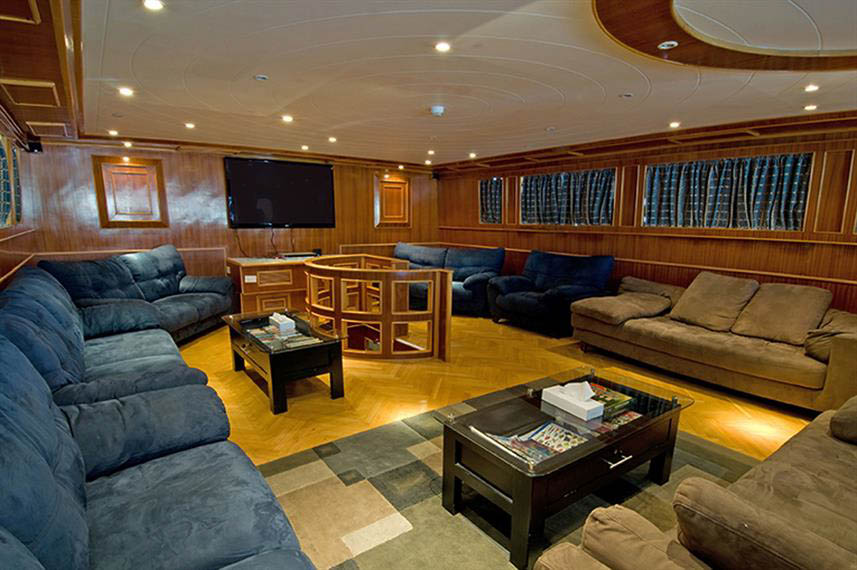Environmental organisation WWF-New Zealand is deeply concerned by suggestions from the new Fisheries Minister Stuart Nash that he might “scrap” plans to put cameras on fishing boats.
The previous government committed to a roll out of electronic monitoring with cameras on fishing boats in July 2017. Late last year, Minister Nash delayed the roll out of these cameras onto fishing boats by at least six months to sometime after October 2018. Today, the Minister is suggesting that completely cancelling the camera monitoring program is now an option.
In response, WWF-New Zealand CEO Livia Esterhazy said: “Putting cameras on boats would be a game-changer for New Zealand’s endangered marine mammals and sea birds. Cancelling this program would be shameful. Greater transparency in the fishing industry is essential to demonstrate to national and global consumers that New Zealand is serious about ensuring sustainable fisheries for the future.”
“Putting cameras on boats won’t save our dolphins from being accidentally killed in fishing nets, but it would provide crucially-important data to help the government and the public make informed decisions about reducing accidental killings of protected sea birds, dolphins and sea lions, and address reports about large-scale illegal fish dumping.
“Cancelling the electronic monitoring program would threaten both our marine life and our reputation as a seafood producer.”
The previous government consulted extensively about implementing cameras on New Zealand fishing boats. WWF-New Zealand has attended these stakeholder consultation meetings for 10 months, alongside fishing industry representatives.
“Numerous governments all over the world already require commercial fishing boats to have cameras on board. Putting cameras on commercial fishing boats in New Zealand is achievable. The technology is available and ready for implementation. Its worth has been proven across similar fisheries around the globe.
“Our Pacific neighbours, like Fiji and the Solomon Islands, are making this work with far less economic resources than New Zealand. There’s no reason the government can’t get this done by October.”





